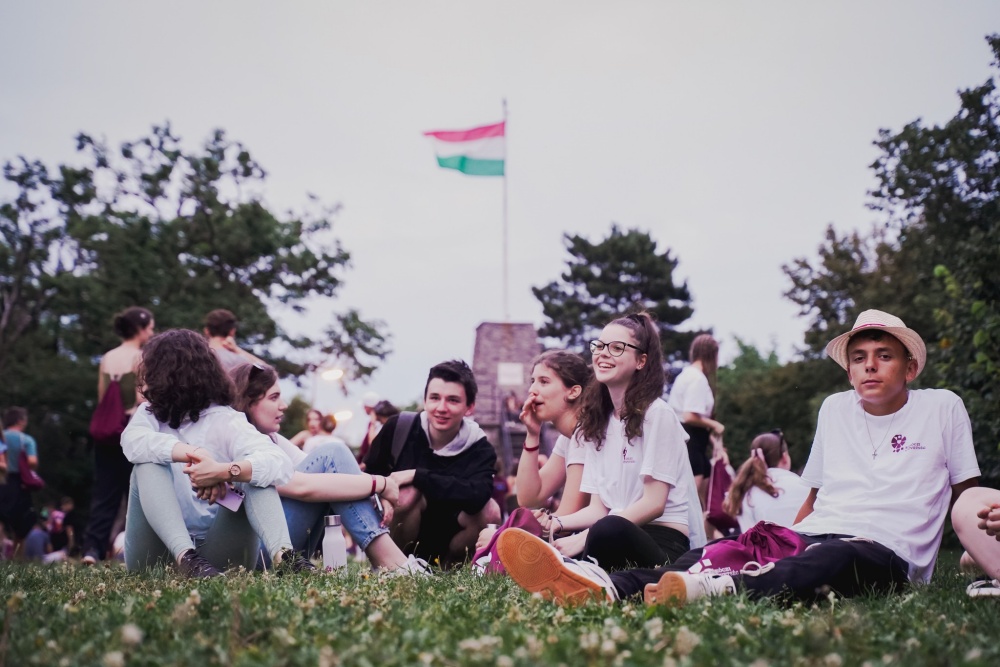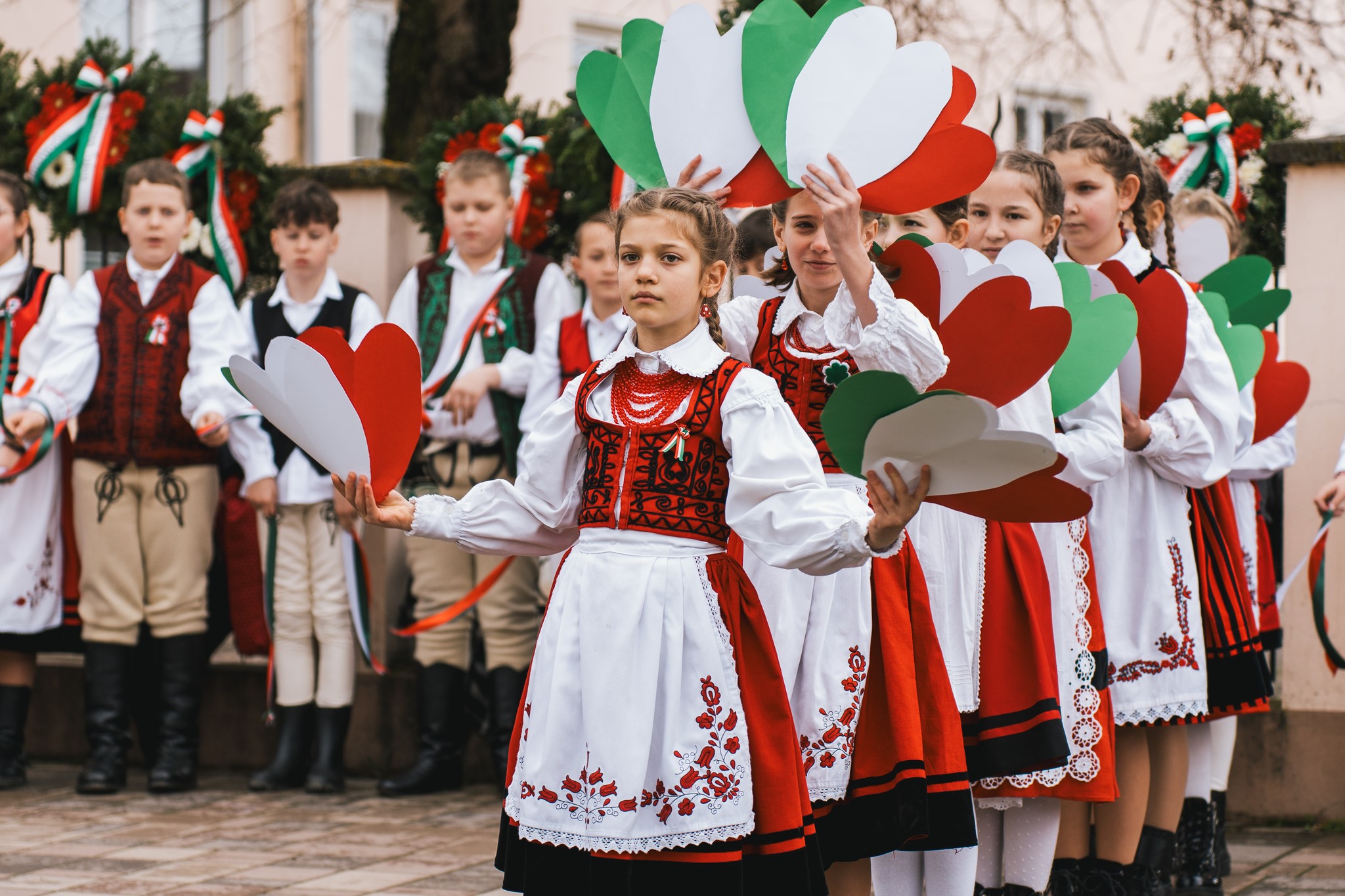
The program is an important link for young people who live thousands of kilometers away from the motherland.Continue reading

Hungarian is not an endangered language, because there is a motherland that keeps it alive and Hungarian communities living in the Hungarian diaspora region can preserve it, emphasized Katalin Szili, the Prime Minister’s senior advisor in Pécs on Thursday.
The politician was speaking on the opening day of the two-day international conference on Hungarian communities in the Hungarian diaspora region, entitled Diaspora 2025 – Revitalization, organized by the Faculty of Humanities and Social Sciences of the University of Pécs and the Pécs branch of the Hungarian Academy of Sciences. She pointed out that
there are 6,000 languages spoken in the world, “of which, according to optimists, about 600 are safe,” and 500 are only known by 50 people per language, meaning that the latter are “extremely endangered.”
The preservation of language is the basis for the preservation of identity, if we lose language, we lose culture, traditions, everything, she stressed.
Katalin Szili pointed out that in order to preserve the Hungarian language in diasporas, it was necessary to create an institutional system that not only facilitates dialogue and shared knowledge, but also helps Hungarian communities to preserve their identity. This is achieved through the Kőrösi Csoma Sándor, Petőfi Sándor, and Mikes Kelemen programs, providing cultural support.
The politician stressed that
an important clause of the Fundamental Law is that Hungary bears responsibility for its fellow citizens living beyond its borders.
This responsibility goes hand in hand with the building of an institutional framework for dialogue, which creates the possibility of national reunification, to discuss the direction of national policy and how to fulfill their tasks of preserving their identity.
Szili said that the University of Pécs is holding its second diaspora conference and the idea is to create a kind of center for the network of Hungarians in the world at the university. She also recalled that there is a renaissance of young foreigners looking for their Hungarian roots, and knowing that their grandparents, great-grandparents, or even more distant ancestors came from Hungary, they consider it important to learn the Hungarian language and get to know the culture of their ancestors.
The event provides a comprehensive discussion on revitalization based on the achievements of communities of other languages and cultures, with the aim of promoting cooperation between the Carpathian Basin and diaspora communities, Hungarian-Hungarian dialogue, and cross-border networking.
Via MTI, Featured photo via Facebook/Hunor Kelemen